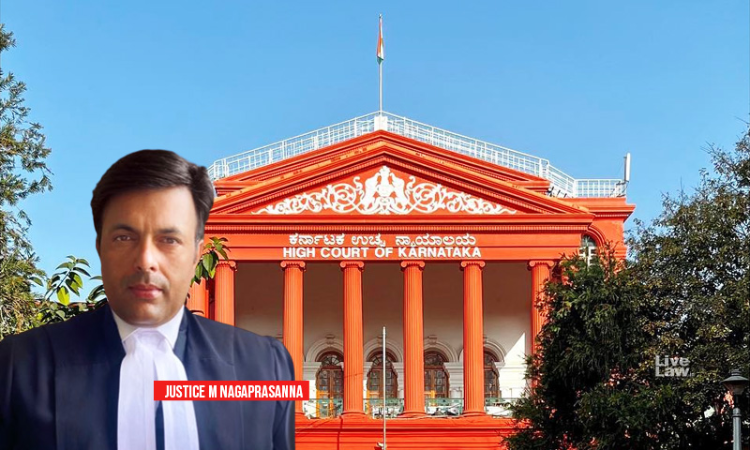Special Court Empowered To Try General IPC Offences Arising Out Of Case Probed By NIA: Karnataka High Court
Mustafa Plumber
12 Sept 2022 1:45 PM IST

Next Story
12 Sept 2022 1:45 PM IST
The Karnataka High Court has held that the Special NIA Court is empowered to conduct trial for general offences punishable under Indian Penal Code if the FIR emanates from the very same transaction being probed by the NIA. A single judge bench of Justice M. Nagaprasanna dismissed the petition filed by Sayyed Sohel Torvi an accused in the Bengaluru riots case of 2020, questioning the...
